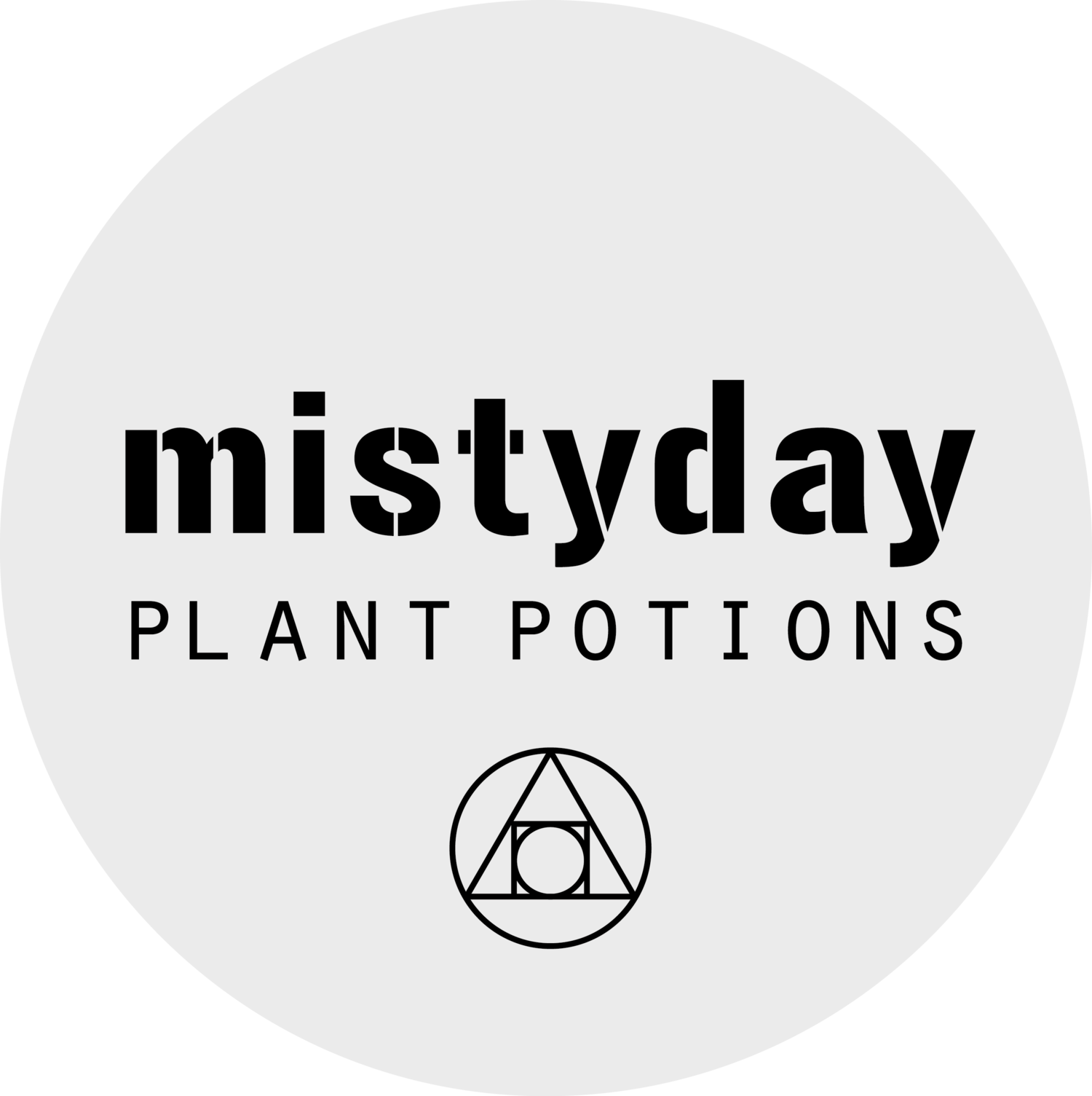MEDICINAL MUSHROOMS & CANDIDA
Candida albicans is a yeast ( yes in the fungi kingdom) that probably happily in most folks while it is being kept in manageable populations by the rest of our gut, skin and mucous membrane microbiota. The bad thing about Candida is that it can be an opportunistic. This means it can get out of hand when it is allowed to proliferate unchecked. This can be due to antibiotic therapy, high sugar intake, diabetes, hormonal changes ( OCP, PMS, menopause) or immune suppression.
So what happens if candida populations get out of control? Well, the most telling symptom of candida infection is thrush - an itchy and sometimes painful infection in the mucous membranes of the vulva, penis and mouth but also in the skin. Candida overgrowth is thought to cause bloating, gas and diarrhoea in the gastrointestinal tract as well as causing leaky gut and the resulting food sensitivities and immune issues. Through numerous proposed mechanisms of action Candida albicans is believed to cause chronic fatigue, brain fog, low mood, joint pain and immune dysfunction. This is ALOT of potential issues from the overgrowth of one little yeast. In fact, many practitioners still believe that candida albicans overgrowth and infection may be at the basis of many chronic health conditions.
So its no surprise then that the most commonly asked question to me is
"Can I have mushrooms when I am treating candida or on an anti- candida diet? I dont think I am supposed to have any fungi"
And my answer is a very emphatic yes, you can have mushrooms. For these six reasons...
1. Candida is a pretty standard yeast. They like easily accessible sugar as their main meals! Think lollies, bread, chips, chocolate ( all the good stuff!)- not mushrooms. Mushrooms are pretty low in simple sugars and really dont make much of a snack for Candida.
2. Mushrooms have prebiotic actions. They preferentially enhance the growth of beneficial flora which in turn act to kill off candida. How? They aid in starving the candida by eating all the available nutrients, taking up space on the gut wall so the candida has no where to hang, and some of these lovely bugs even make antifungal chemicals to really sock it to candida.
3. Mushrooms are shown to enhance immune function which means the immune system might be more likely to be able to mount a decent immune response against the candida cells.
4. Some mushrooms such as reishi and chaga are shown to actually be antifungal against the candida yeast. In fact a study showed that an extract of reishi reduced the adhesion of and prevented the synthesis of C albicans biofilm (Bhardwaj 2017) Biofilm is a mechanism by which candida can become chronic. Basically the yeast produces this slimy layer over it which cannot be permeated by antifungals. This means that cells are thus protected and can bloom when the time is right. So reishi aiding in breaking down this film means it may help with chronic candida mediated conditions.
5. Chaga has a real affinity for the gut where it has a strong anti-inflammatory and antioxidant action which will be of benefit in supporting the healing of the gut lining.
6. Reishi is an adaptogen which helps to support against the dreaded adrenal fatigue which may both precede and worsen candida overgrowth.
There you go. No need to avoid mushrooms. In fact some such as reishi and chaga are thought of as "treatments' for fungal infections. The real culprits for feeding candida are the usual suspects - sugar, alcohol and stress - not mushrooms!!

